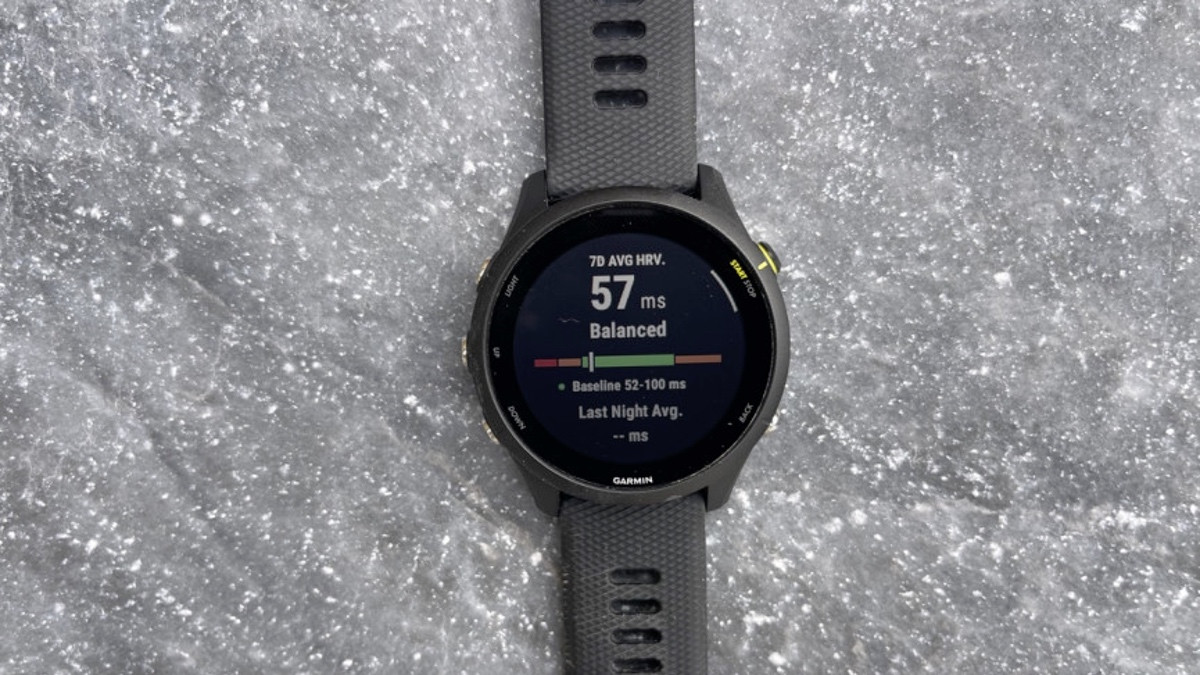
A study has found Garmin's heart rate variability (HRV) measurements to offer "excellent accuracy" when compared to an electrocardiogram (ECG) machine.
The new research published in European Heart Journal concluded that the Garmin Vivoactive 4 was a viable alternative to the gold standard ECG method, with most markers found to be within the same range.
The study focused on participants with a history of heart issues, with the Garmin watch worn by 104 who have previously suffered from a heart attack known as acute ST-elevation myocardial infarction, as well as 129 ischemic stroke patients and 30 controls.
The test saw all participants connected to an ECG machine for 30 minutes, with the Garmin also passively monitoring HRV through its photoplethysmography (PPG) signal at the same time.
As detailed in the study, the mean heart rate and very low-frequency power (VLF power), both used as indicators to determine HRV, were found to be very comparable to the ECG machine.
The standard deviation averages in five-minute segments also proved accurate.
When it came to non-linear measurements, however, the Garmin didn't match up as well with the ECG.
Both the detrended fluctuation analysis and square mean root of the sum of squares adjacent NN-interval differences showed only moderate agreement in the study.
As we say, though, the Vivoactive 4's HRV measurements stack up to medical-grade technology almost identically in many key areas - and this is even more impressive when you consider that the smartwatch debuted way back in 2019.
Since then, Garmin has gone on to include HRV Status, deeper stress insights and used the measurement to inform users of their daily training readiness.
We expect HRV to be an area the company continues to hone over the coming years, but this latest study suggests that users can already have plenty of faith in HRV trends and stress insights from their Garmin watch.
How we test
